Christophe Ferreira
Birth : 1975-01-01, Île-de-France, France
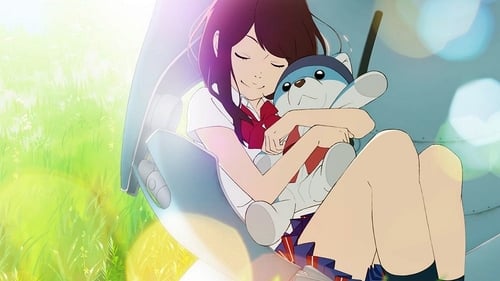
Key Animation
Japan, 2020, a few days before the opening of the Tokyo Olympics. Although she should be studying for her final exams, Kokone, a schoolgirl who lives in a small town with her widowed father, a mysterious and talented mechanic, falls asleep often, anywhere, anytime, entering, over and over, a dream-world where a squad of fantastic motorized contraptions fights against magic, a world close to reality where she will find out the keys of her true past.

Storyboard Artist
Japan, 2020, a few days before the opening of the Tokyo Olympics. Although she should be studying for her final exams, Kokone, a schoolgirl who lives in a small town with her widowed father, a mysterious and talented mechanic, falls asleep often, anywhere, anytime, entering, over and over, a dream-world where a squad of fantastic motorized contraptions fights against magic, a world close to reality where she will find out the keys of her true past.

Creature Design
Japan, 2020, a few days before the opening of the Tokyo Olympics. Although she should be studying for her final exams, Kokone, a schoolgirl who lives in a small town with her widowed father, a mysterious and talented mechanic, falls asleep often, anywhere, anytime, entering, over and over, a dream-world where a squad of fantastic motorized contraptions fights against magic, a world close to reality where she will find out the keys of her true past.

Concept Artist
Japan, 2020, a few days before the opening of the Tokyo Olympics. Although she should be studying for her final exams, Kokone, a schoolgirl who lives in a small town with her widowed father, a mysterious and talented mechanic, falls asleep often, anywhere, anytime, entering, over and over, a dream-world where a squad of fantastic motorized contraptions fights against magic, a world close to reality where she will find out the keys of her true past.
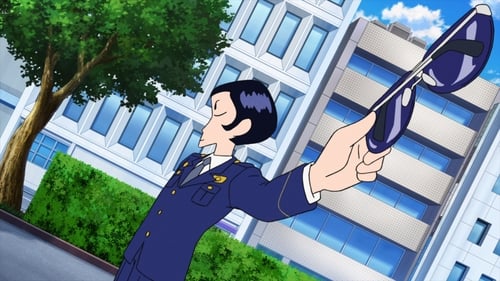
Key Animation
A diabolical plot to empower pushover dads causes Shin-chan's father to return home as a robot. The Nohara family bond is about to be put to the test!
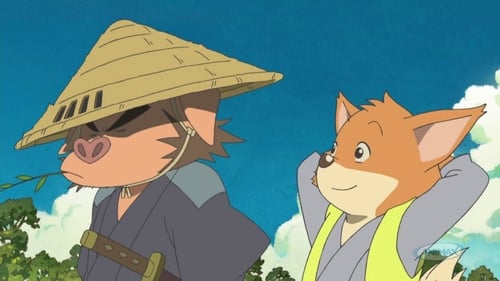
Original Story
Buta the sword for hire is recruited by the Tufugu Pirates on their voyage to seek a stockpile of treasure. On board he discovers a child Kitsune locked away below deck. After some misunderstandings and with the promise of more money, the two of them go on their own adventure.
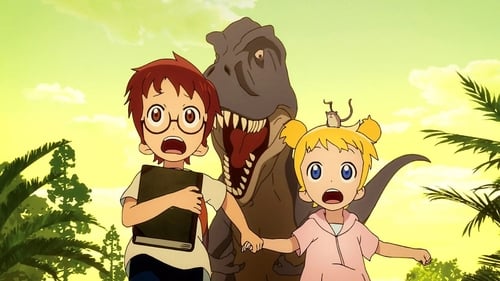
Key Animation
Magic Tree House is a 2011 Japanese anime drama film based on the American children fantasy series of the same name. The film is directed by Hiroshi Nishikiori, and the film's screenplay was adapted from the Japanese version of the novel series Magic Tree House by Ichiro Okouchi. The film stars actress Keiko Kitagawa as Jack, and also stars child actress Mana Ashida as Annie. Magic Tree House debuted at the 24th Tokyo International Film Festival on 23 October 2011. It was subsequently released in Japanese cinemas on 7 January 2012.

Key Animation
Five stories, five maestros, five styles and one common denominator: maximum creativity. Studio 4°C, the coolest label on the planet, invites us for the second time to an exclusive reunion of a talents with a group film, full of freedom and ingenuity, that goes from Mahiro Maeda's classic anime, to Kazuto Nakazawa's intricate urban sketches, Shinya Ohira's bedlam of color and Tatsuyuki Tanaka's animated cyberpunk. And as if that wasn't enough, Koji Morimoto, the studio big boss, is charge of putting the icing on the cake with fantafabulous piece of abstract poetry that would make a VJ die of ecstasy. The party of the year.
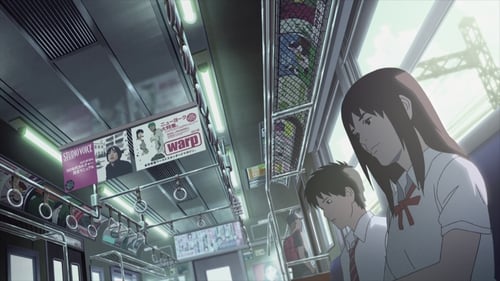
Key Animation
The seven short films making up GENIUS PARTY couldn’t be more diverse, linked only by a high standard of quality and inspiration. Atsuko Fukushima’s intro piece is a fantastic abstraction to soak up with the eyes. Masaaki Yuasa, of MIND GAME and CAT SOUP fame, brings his distinctive and deceptively simple graphic style and dream-state logic to the table with “Happy Machine,” his spin on a child’s earliest year. Shinji Kimura’s spookier “Deathtic 4,” meanwhile, seems to tap into the creepier corners of a child’s imagination and open up a toybox full of dark delights. Hideki Futamura’s “Limit Cycle” conjures up a vision of virtual reality, while Yuji Fukuyama’s "Doorbell" and "Baby Blue" by Shinichiro Watanabe use understated realism for very surreal purposes. And Shoji Kawamori, with “Shanghai Dragon,” takes the tropes and conventions of traditional anime out for very fun joyride.








